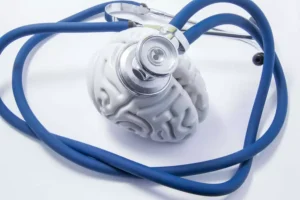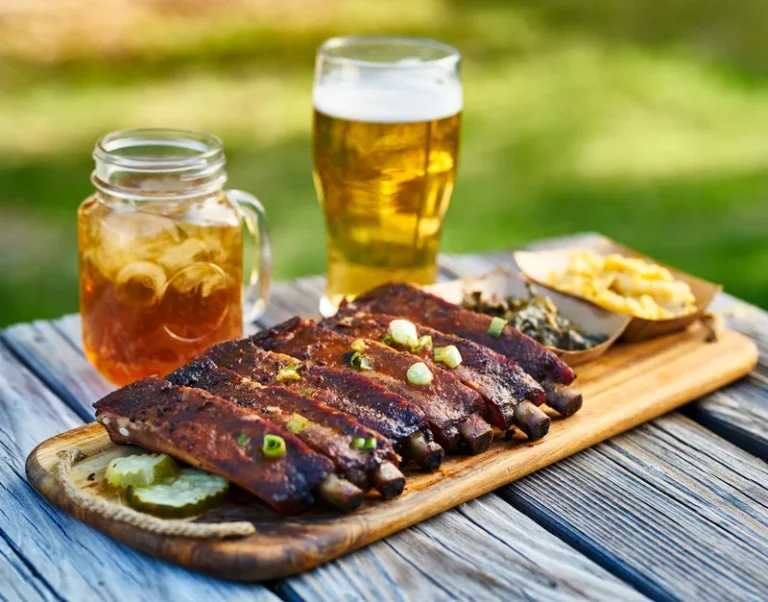Sober living
Laxatives And Blood Thinners: Safe Together?

If another doctor orders a new medicine for you, tell the doctor who ordered your blood thinner because dose changes for your blood thinner may be needed. Medicines you get over the counter may also interact with your blood thinner. Following is a list of some common medicines that you should talk with blood thinners and alcohol side effects your doctor or pharmacist about before using. Alcohol intake is the main factor determining how long the effects last. In people who drink moderately, the effect of alcohol on platelets is short-lived. When the body’s ability to clot is reduced internal vessels may begin bleeding inside the body.
Blood Thinner Dos and Don’ts
The degree of these effects will depend on how you take beta blockers, the dose you’re taking, and how much alcohol you drink. A drink or two occasionally is less likely to come with significant risk, but check with your healthcare provider first. The combination of alcohol and Eliquis can lead to some serious health risks. While alcohol does not directly interact with the mechanism of Eliquis, its combination can exacerbate it’s blood-thinning effect.
Don’t Drink Excessive Amounts of Alcohol
Pregnancy, taking estrogen-containing birth control, or using hormone therapy increases women’s chances of deep vein thrombosis, the CDC says. Serious illnesses, injuries, obesity, and long periods of inactivity can also increase your risk. If you or someone you love is struggling with alcohol addiction, professional treatment at a licensed rehab facility can help. The Recovery Village Ridgefield is a premier addiction treatment center in Ridgefield, Washington, that offers detox, inpatient and outpatient programs for alcohol use disorders.
What are anticoagulants?

If your liver is busy working hard removing the alcohol instead of your blood thinner, the level of the drug in your blood will go up and raise your bleeding risk. Combine alcohol use and anticoagulants and there is an increased risk of bleeding. If it’s busy working on the alcohol instead of your blood thinner, the level of the drug in your blood will go up and raise your bleeding risk. Some people are born with a condition where their blood clots more easily than in other people.
- Avoid lots of cranberry juice or products with cranberries, too, because they can interact with your medicine and make it easier for you to bleed.
- Long-term effects of excessive alcohol consumption can be detrimental to blood and heart health.
- Someone using alcohol while taking Brilinta should speak with their doctor about the risks that are specific to their situation.
- Stress is a substantial contributing factor to heart disease.
Laxatives And Blood Thinners: Safe Together?
- Since blood thinners make you less able to form clots, if you’re taking them, be extra careful when you do anything that could increase your chance of injury and bleeding.
- This heightened risk of bleeding can be quite dangerous, potentially escalating minor injuries into severe bleeding events.
- A 2016 review suggests that significant daily alcohol consumption increases the activity of platelets.
Alcohol use has been linked to cases of insomnia, which may worsen potential side effects of insomnia with Xarelto. Long periods of immobility, smoking, obesity, and pregnancy can all increase your risk of a blood clot in the deep veins of the legs. Just as taking prescription and over-the-counter drugs can affect your https://ecosoberhouse.com/article/the-5-risks-of-drinking-after-work/ blood-thinning medication, so can stopping them. If you discontinue any of them, your doctor may want to check your blood more frequently, the NBCA advises. Some drugs should be avoided unless there is a clear reason for taking them like clopidogrel, ticagrelor, or prasugrel, which help reduce the risk of stroke.

Blood thinners do not actually reduce the size of existing clots, but they can enhance the body’s natural process for eliminating unhealthy blood clots. Despite their name, blood thinners (also called anticoagulants) don’t actually thin your blood. They work by keeping your blood from sticking together in a clump (clotting). Blood thinners keep a clot where it is and from getting bigger and prevent new clots from forming. They can also allow your body to absorb the clot through the walls of your veins over time. They protect you from bleeding too much if you’re injured or have surgery.

- You will have to have your blood tested often if you are taking warfarin.
- Some medical textbooks mention the possibility of an interaction between laxatives and coumarin anticoagulants, which can lead to overanticoagulation.
- But if you eat moderate amounts of green vegetables every day, your doctor can take that into account when determining the dosage you need, she adds.
- Within the last few years, a new class of blood thinners was developed.
- Common examples include Advil or Morin (ibuprofen) and Aleve (naproxen).
 0982.226.306
0982.226.306 duoclieuannam@gmail.com
duoclieuannam@gmail.com Hệ thống cửa hàng
Hệ thống cửa hàng Đăng ký nhận quà
Đăng ký nhận quà

